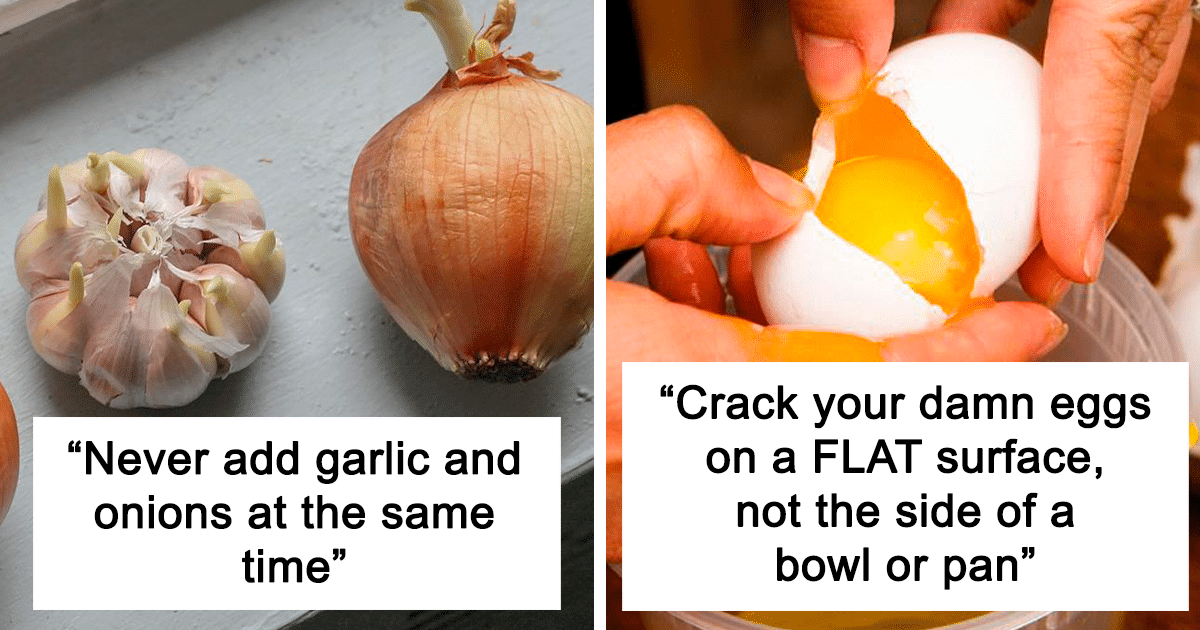You can always take your inner chef to a whole new level, even if you don’t like cooking with a burning fire or using the microwave. It is easier than you think.
Thanks to the professional chefs of Reddit, who recently shared what simple things “we’re probably all doing wrong in the kitchen” in this thread, we can roll up our sleeves and work on the actual things to improve them.
Consider basic things, such as never adding onion and garlic simultaneously (so you don’t have that yucky consumed garlic trailing sensation in a supper you, in any case, put your heart into) or having things, fixings, and devices prepared within reach to keep away from “somebody, help me!”- sort of craziness in feast prep. Take your notes, everybody, I as of now have mine.
1.
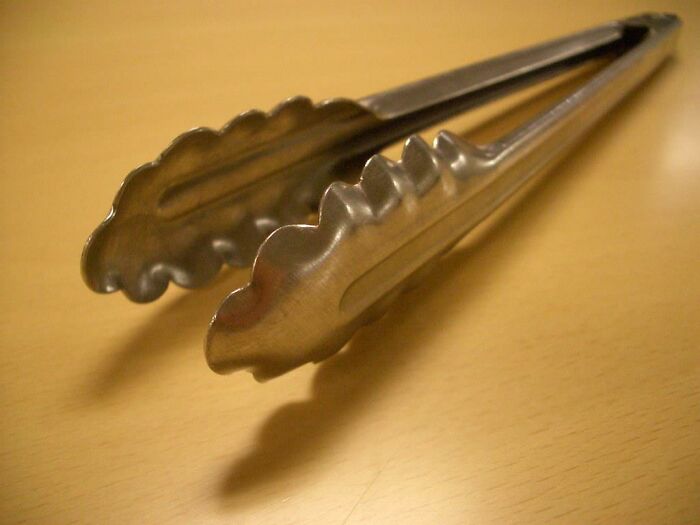
You must clink the tongs together at least five times.
We didn’t learn to cook better when we watched Top Chef, Hell’s Kitchen, The Great British Bake Off, and Masterchef. We now know about the drama, about the blessing and the curse of being a chef, about nurturing your talent, and about working harder.
So to take every one of us back to Earth, or rather our kitchen counter, and to figure out how precisely we might further develop our cooking game since we nailed the observing part as of now, we talked with Beth Moncel, a food darling and the author of “Spending plan Bytes” where she has been sharing her enthusiasm for cooking and delightful plans intended for little financial plans beginning around 2009.
2.
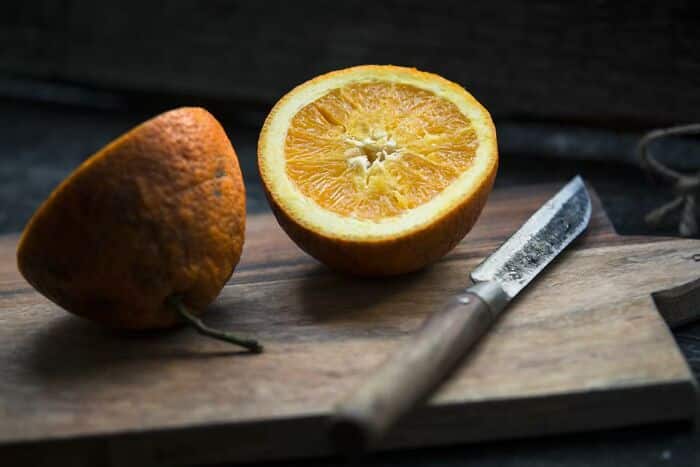
I didn’t see it. Add an acid instead of adding more salt. A splash of lemon/lime juice can make the flavors pop.
3.
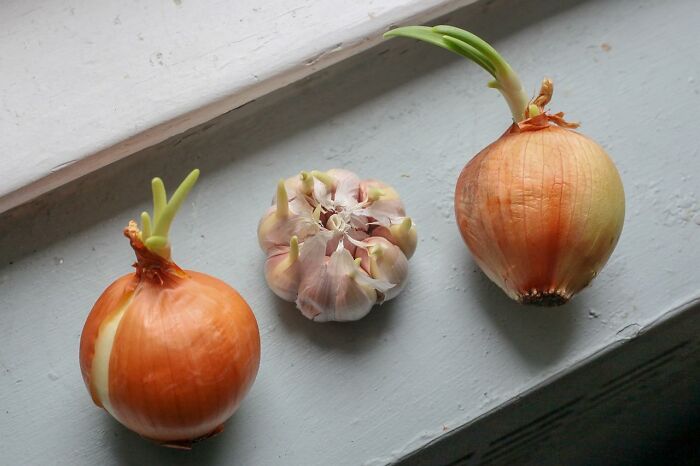
Don’t add garlic and onions at the same time.
Garlic takes 30 seconds and onions take 8 minutes to saute. You’re going to have bitter garlic if you add them together.
4.
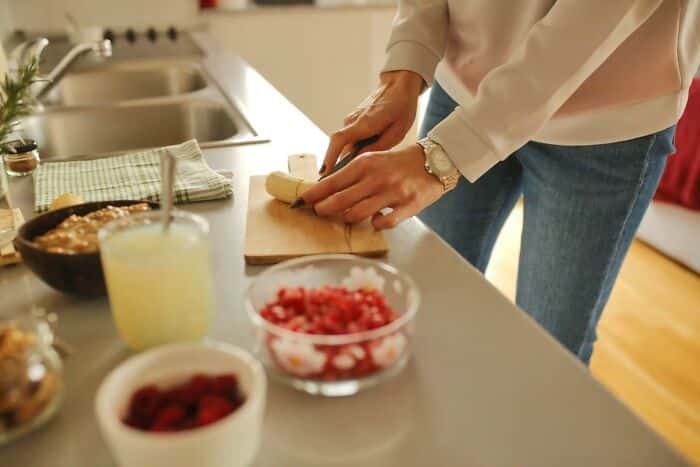
As you leave, clean as you go. Get unnecessary utensils out of the way and throw away the trash. If your kitchen looks like a tornado after you’re done cooking, you’re in for a rude awakening.
Beth said it’s assuming that if they swap out an ingredient, they’ll still get the same result. “Changing ingredients often changes both the flavor and texture of a dish, and in some cases can drastically affect the chemical reactions needed to make a recipe work,” she explained.
5.
Your pasta water should be salted. It’s best to salt it liberally.
6.
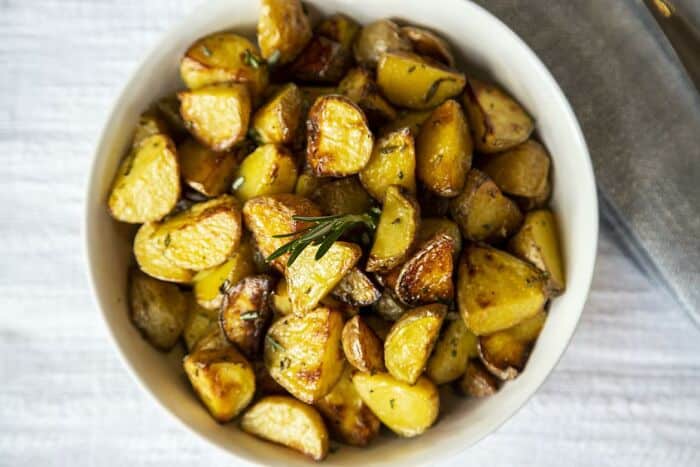
If you want roasted potatoes with a crisp outside and fluffy insides, then you should boil them for about 10 minutes. Then roast them.
7.
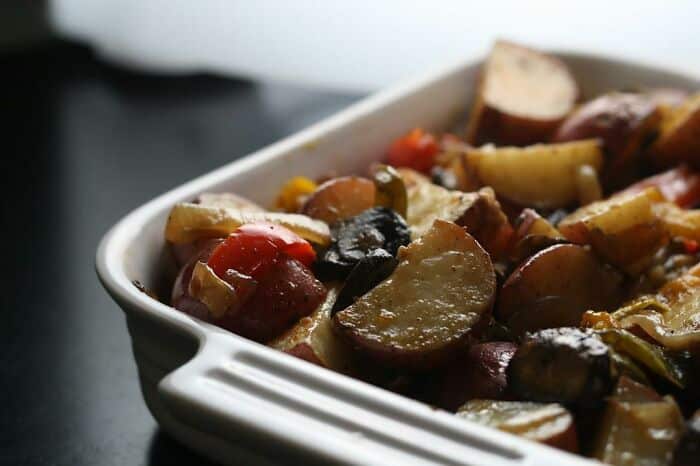
People don’t like roasting vegetables. Most people lose their sh*t when I serve properly done Brussels.
Throw with olive oil (more than you suspect), salt (more than you naturally suspect), and some other spices/flavors (for example curry flavors with cauliflower), lay cut side down on a baking sheet, and toss that sh*t into a 200C/400F stove until it’s noticeably cooked. Contingent upon the veggie (e..g carrots) you’ll likely need to go over to the opposite side a tad. Whenever they’re done you can throw with pepper or new/sensitive spices prior to serving (for example mushrooms with tarragon or parsley).
It doesn’t mean it’s delicious in its fork-tender and cooked through. Yet.
The best way to gain confidence in the kitchen is to practice. “Don’t let a failed recipe keep you from trying again. Try new recipes often. The more you cook, the more you’ll understand the nuances of cooking and you’ll build intuition,” she said. “Before you know it, you’ll be cooking freestyle and you won’t even need a recipe!” Beth concluded positively.
8.
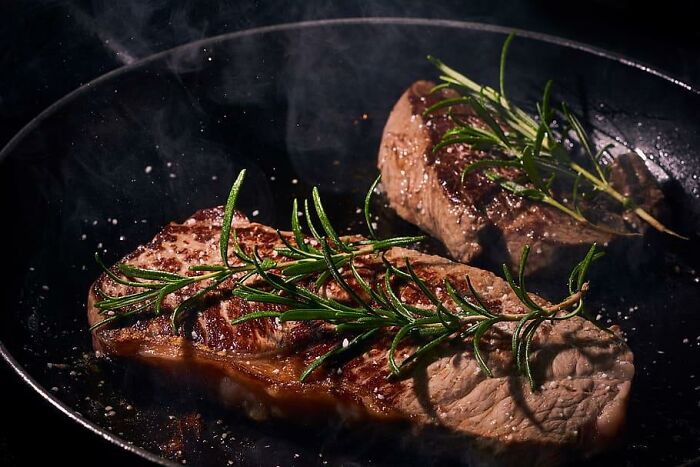
When cooking a steak, there is a simple rule. The steak should be left alone. Stop f*cking with it. It’s time to stop poking and prodding it. Let it cook. Let the heat do what it’s supposed to do. Understand your heat source and trust it. Everyone I know violates this rule.
9.
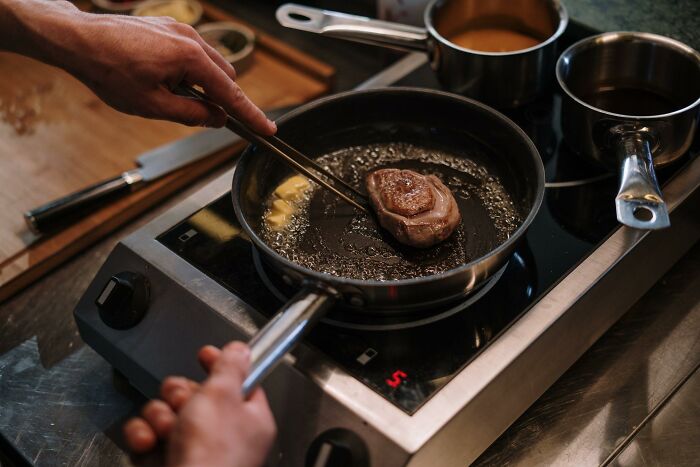
The flavor comes from the fat. If you’re going to cook something, make sure to use butter or oil in the skillet. Don’t put them in the flour you’re using to bread the food.
10.
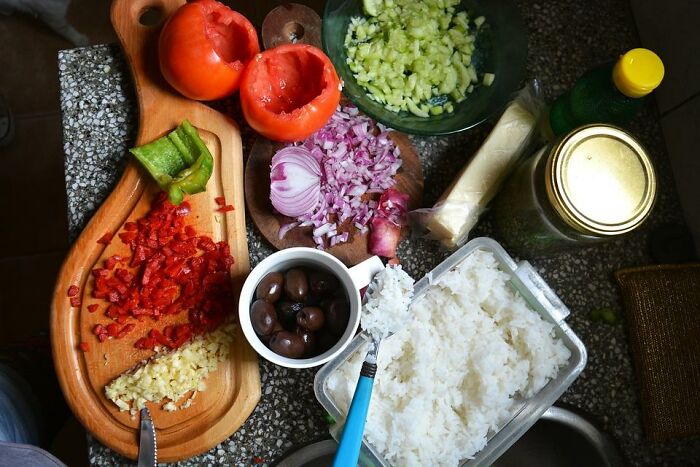
Things are not in place.
Have you ever been halfway done with a dish and realized you didn’t have cheese? Everything is on hold while you grate cheese.
When you have everything ready to go at the beginning, you can add things when you need them and put dishes out at the right time.
11.
The toaster will scare you if you stare at it. Learned from personal experience.
12.
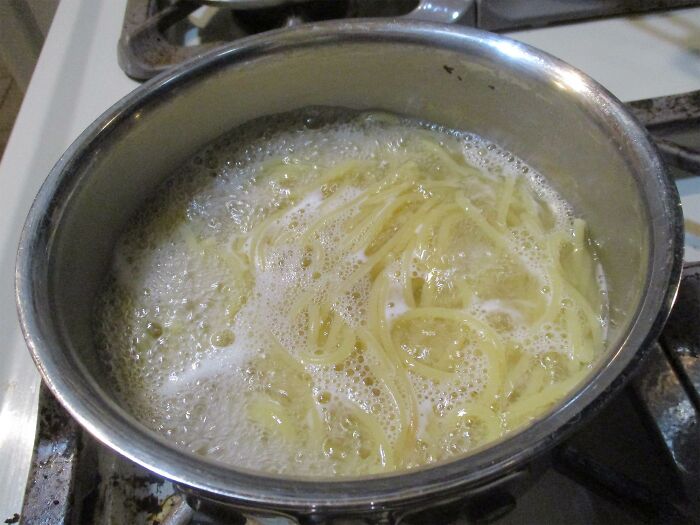
When you’re boiling pasta, put oil in the pot. The sauce will slide off your pasta if you do that. The better the water is, the sauce will stick.
13.
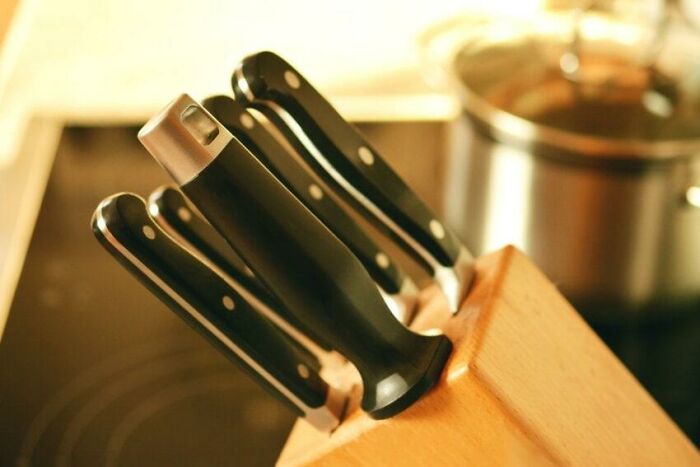
The knives are sharp. It’s so much safer in the end because it makes things a million times easier. If you combine the proper grip and a bit of practice, cutting things for prep suddenly becomes fun for some people.
14.
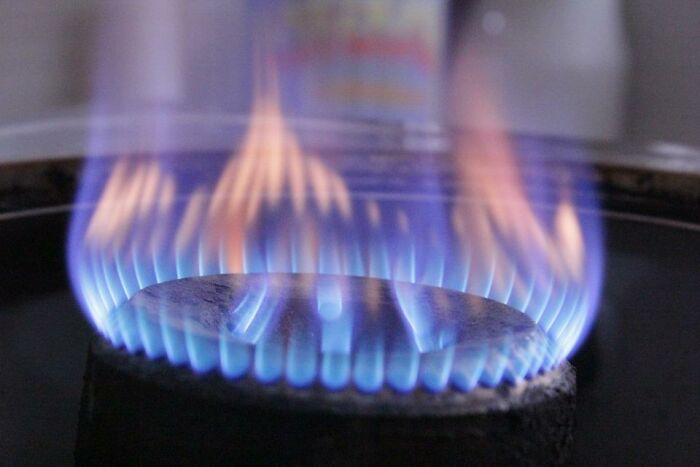
It’s too hot to speed things up. It is not a substitute for cooking something for one hour at 350 degrees. Some things need to be cooked slowly.
15.
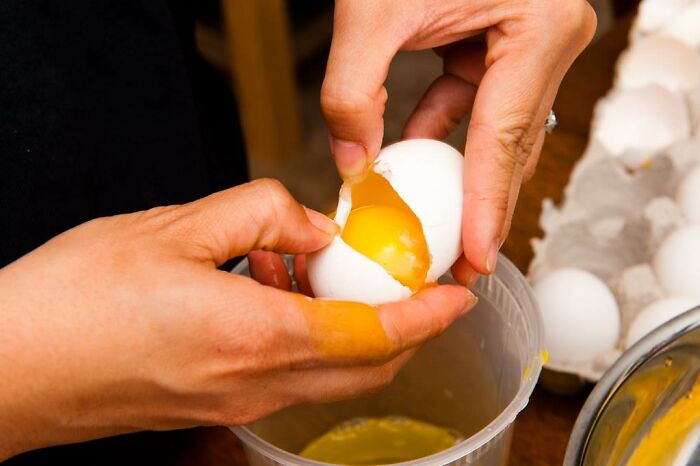
Break your damn eggs on a FLAT surface, not the side of a bowl or skillet. Breaking on a level surface makes it more straightforward to open as well as protect your yolk. Assuming you break it on an edge it pushes the shell inside the egg and is bound to break the yolk (which sucks in the event that you are making it just right, poached, or isolating whites) Also if by some opportunity there is microbes or yucky gross stuff on the shell it is bound to pollute within when shell gets pushed in.
16.
My brother-in-law taught me how to make a sauce like a boss. Leave it hot, and douse it with a cup or more of wine, stock, or water, and you can turn even basic things into an amazing pan of goodness! The good stuff in your pan that you’re scrubbing off after cooking is useless.


